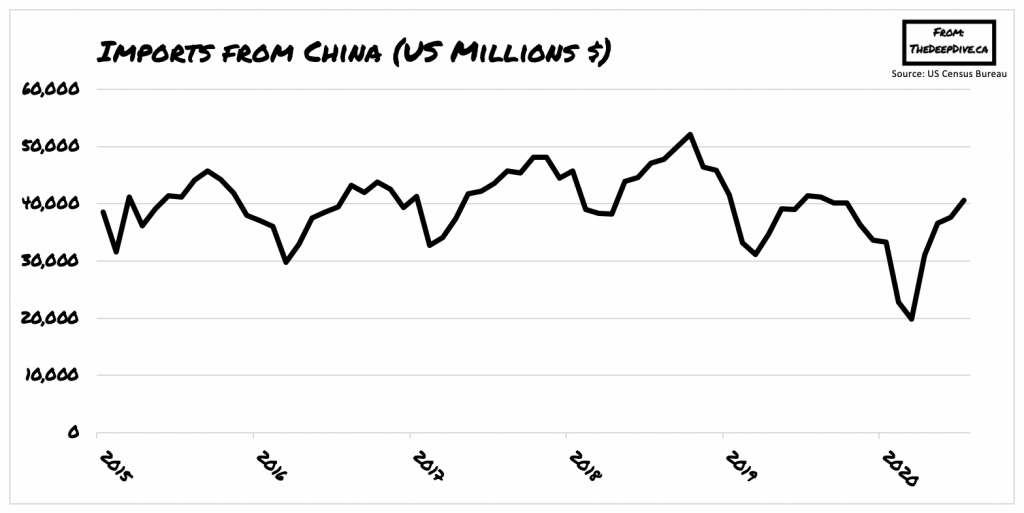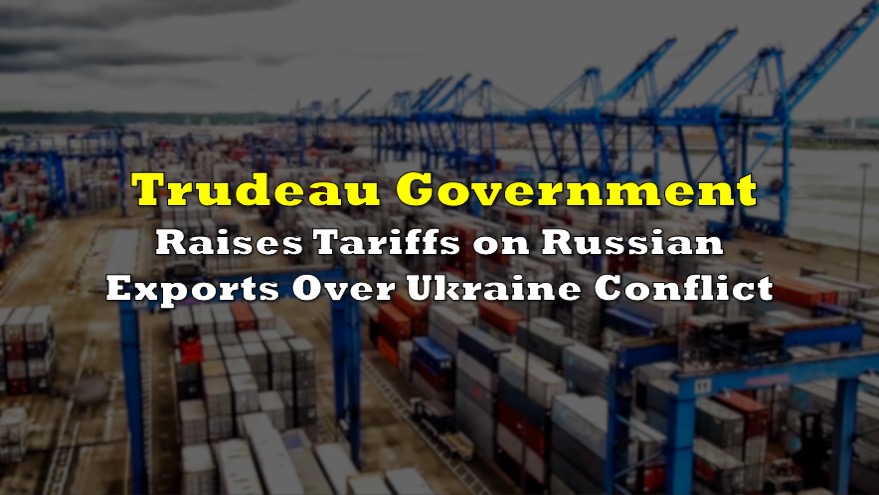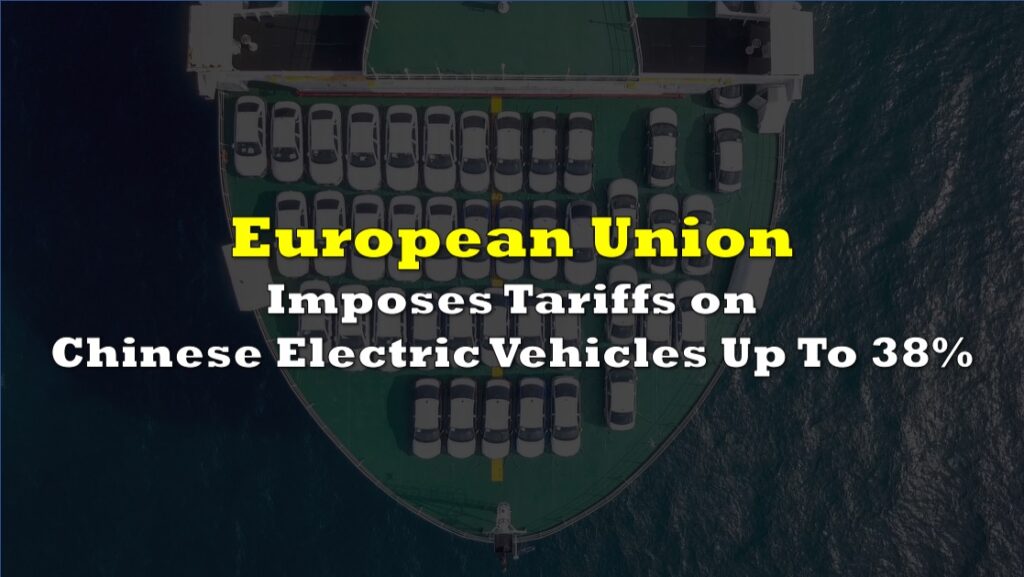Back in 2018, the Trump administration imposed a series of tariffs targeting Chinese goods, which ultimately led to a widely publicized dispute between the two countries. However, a recent ruling by the World Trade Organization (WTO) determined that the US violated two provisions under the General Agreement on Tariffs and Trade (GATT) treaty – something that is certainly not going to go down well with the US president.
Two years ago, the US imposed a 25% tariff on $234 billion worth of Chinese goods, which were later broadened to include more than $550 billion of exports from the Asian country. However, the Chinese government soon retaliated, and took the matter to the WTO where it argued that the US was in violation of the most-favoured treatment provision given that it was not implementing the same treatment to other WTO member countries.

In addition, the US was also alleged to have breached a dispute-resolution provision that would otherwise require importing nations to consult the WTO before imposing retaliatory tariffs. Back in 2018, US President Donald Trump justified his decision to impose retaliatory tariffs by referring to a 1974 law that allows country leaders to implement tariffs in the event that that unfair trade practices by other countries become evident and create commercial disadvantages for the importing country. At the time, he further implied that the Chinese government was violating intellectual property rights, especially in the technology sector.
As a result of the Trump administration’s tariffs, the WTO intervened and ruled that the US was in fact in violation. The Chinese Ministry of Commerce welcomed the WTO decision with hopes that the US respects the rulings and adjusts its current practices. However, given America’s track record on adherring to international policy decisions and rulings, the WTO may have a difficult time enforcing its conclusion.
The US does have the option to appeal the decision within the next 60 days, but since the Trump administration does not have an appointed representative on the WTO’s appellate department, it would essentially just be vetoed. In the meantime, Washington strongly criticized the decision, as well as the WTO itself, stating that the decision was inadequate in ensuring that China remains accountable for its supposed trade infringements.
Information for this briefing was found via the WTO. The author has no securities or affiliations related to this organization. Not a recommendation to buy or sell. Always do additional research and consult a professional before purchasing a security. The author holds no licenses.









Tariffied! Cleveland-Cliffs Not Immune To Market Meltdown
Cleveland-Cliffs Inc. (NYSE: CLF) is an American steel company. It’s a vertically-integrated business that mines...